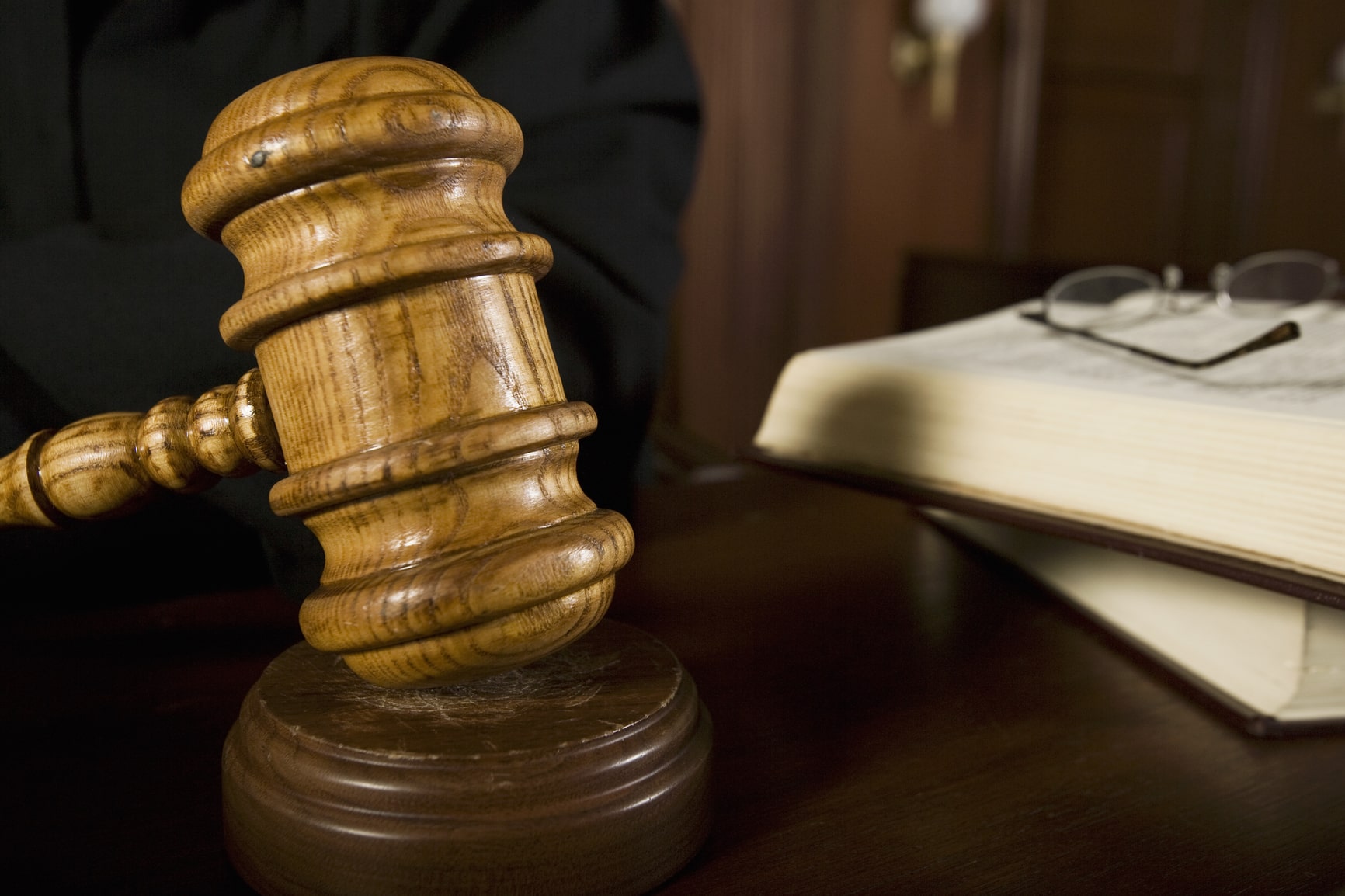Premises liability is a legal concept that holds property owners responsible for injuries that occur on their property due to negligence. While the principles of premises liability are well-established, there are several misconceptions surrounding this area of law that can lead to confusion and misunderstanding.
Myth 1: Property Owners Are Always Liable For Injuries On Their Property
One of the most significant misconceptions about premises liability is the belief that property owners are always automatically liable for any injuries that occur on their property. In reality, liability in premises liability cases depends on various factors, including the legal status of the injured party and the property owner’s negligence.
Property owners have a duty to maintain their premises in a reasonably safe condition, but this duty is not absolute. The level of care required may vary depending on the circumstances. For instance, property owners owe a higher duty of care to invitees (such as customers in a store) than to trespassers. In some cases, the injured party’s actions or negligence may also play a role in determining liability.
Myth 2: You Can Sue For Any Accident That Occurs On Someone Else’s Property
Another misconception is that you can file a premises liability lawsuit for any accident that occurs on someone else’s property. While it’s true that you may have a valid claim if the property owner’s negligence caused your injury, not all accidents automatically lead to a legal case. For a successful premises liability claim, you must establish that:
– The property owner had a duty of care toward you.
– The property owner breached that duty through negligence or failure to maintain a safe environment.
– Your injury was a direct result of the property owner’s breach of duty.
This means that not every slip and fall, trip, or accident on someone else’s property will result in a successful lawsuit.
Myth 3: Homeowners Insurance Covers All Injuries On Your Property
Many homeowners believe that their homeowners’ insurance will cover all injuries that occur on their property. While homeowners’ insurance typically includes liability coverage, it is not unlimited. There are limits to the coverage, and certain conditions must be met for a claim to be paid.
For instance, homeowners’ insurance may not cover injuries that result from intentional acts or gross negligence. Additionally, insurance policies may have specific exclusions or limitations for certain types of incidents, such as injuries related to the operation of motor vehicles on the property. It’s crucial for homeowners to understand the terms and coverage limits of their insurance policies.
Myth 4: You Can Only Sue For Injuries Inside A Building
Another common misconception is that premises liability claims are limited to injuries that occur inside a building. In reality, premises liability can apply to injuries that occur anywhere on the property, including parking lots, sidewalks, and outdoor areas. Property owners have a duty to maintain these areas in a reasonably safe condition, just as they do with the interior of buildings.
In fact, outdoor areas can pose unique hazards, such as uneven pavement, inadequate lighting, or poorly maintained landscaping, which can lead to accidents and injuries. If the property owner’s negligence contributed to an injury in any part of their property, it may still be subject to a premises liability claim.
Myth 5: You Don’t Need Legal Representation For A Premises Liability Claim
Some individuals may believe that they can handle a premises liability claim without legal representation. While it’s technically possible to pursue a claim on your own, it’s generally not advisable. According to Cashio Injury Attorneys, LLC, premises liability cases can be complex, involving legal nuances, negotiations with insurance companies, and the burden of proving negligence.
An experienced premises liability lawyer understands the legal framework of premises liability and can help gather evidence, assess the strength of your claim, negotiate with insurance companies, and, if necessary, represent you in court. They can also help you navigate the potential pitfalls and complexities of the legal process.
Premises liability misconceptions can lead to misunderstandings about the rights and responsibilities of property owners and injured parties. It’s essential to separate fact from fiction when dealing with premises liability claims to ensure that justice is served and that individuals are held accountable for their negligence when appropriate. Understanding the realities of premises liability law can help both property owners and potential claimants make informed decisions and protect their rights.

